Strengthening Public Health Together!
On April 24, 2025, the Sierra Leone Field Epidemiology Training Program (FETP) Steering Committee convened a meeting at the Emergency Operations Center (EOC), chaired by ED. Professor Foday Sahr. The meeting brought together key stakeholders, including representatives from the University of Sierra Leone, Njala University, the US CDC, and other public health partners. The primary focus of discussions was the introduction of the Advanced FETP. This new initiative aims to elevate the training standards for public health professionals, ensuring they are well equipped to tackle epidemiological challenges effectively. In the coming weeks, we will be issuing a Notice of Interest inviting training institutions that are interested in hosting the Advanced FETP to apply. This is a significant opportunity for institutions to contribute to the enhancement of public health capabilities in Sierra Leone.
The Ministry of Health, with support from the African Field Epidemiology Network, has successfully certified 200 data collectors following their participation in a groundbreaking study on psychoactive substance use.
Strengthening Public Health Together!
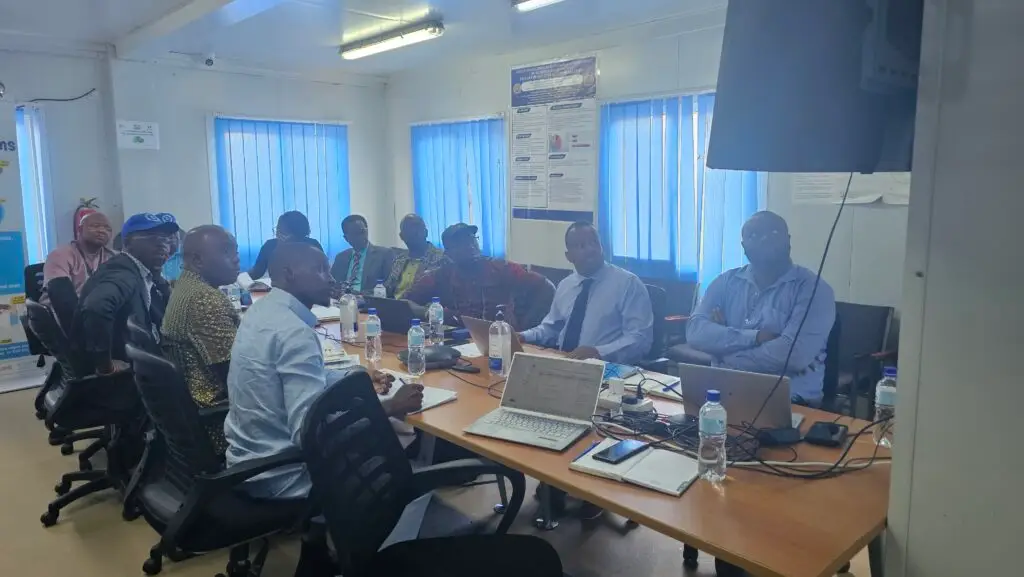
On April 24, 2025, the Sierra Leone Field Epidemiology Training Program (FETP) Steering Committee convened a meeting at the Emergency Operations Center (EOC), chaired by ED. Professor Foday Sahr. The meeting brought together key stakeholders, including representatives from the University of Sierra Leone, Njala University, the US CDC, and other public health partners. The primary focus of discussions was the introduction of the Advanced FETP. This new initiative aims to elevate the training standards for public health professionals, ensuring they are well equipped to tackle epidemiological challenges effectively. In the coming weeks, we will be issuing a Notice of Interest inviting training institutions that are interested in hosting the Advanced FETP to apply. This is a significant opportunity for institutions to contribute to the enhancement of public health capabilities in Sierra Leone.
AFENET Sierra Leone hosted the leadership of Action Against Hunger (ACF) to discuss possible areas of collaboration.
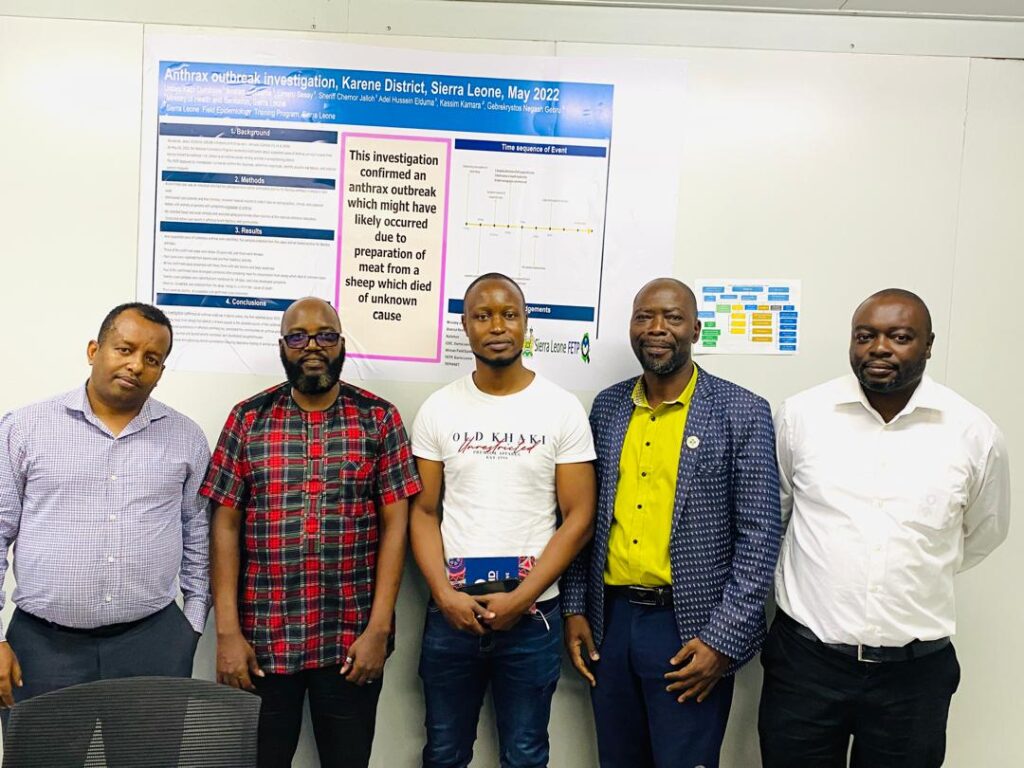
AFENET Sierra Leone and World Vision Leaders Discuss Strategic Partnerships
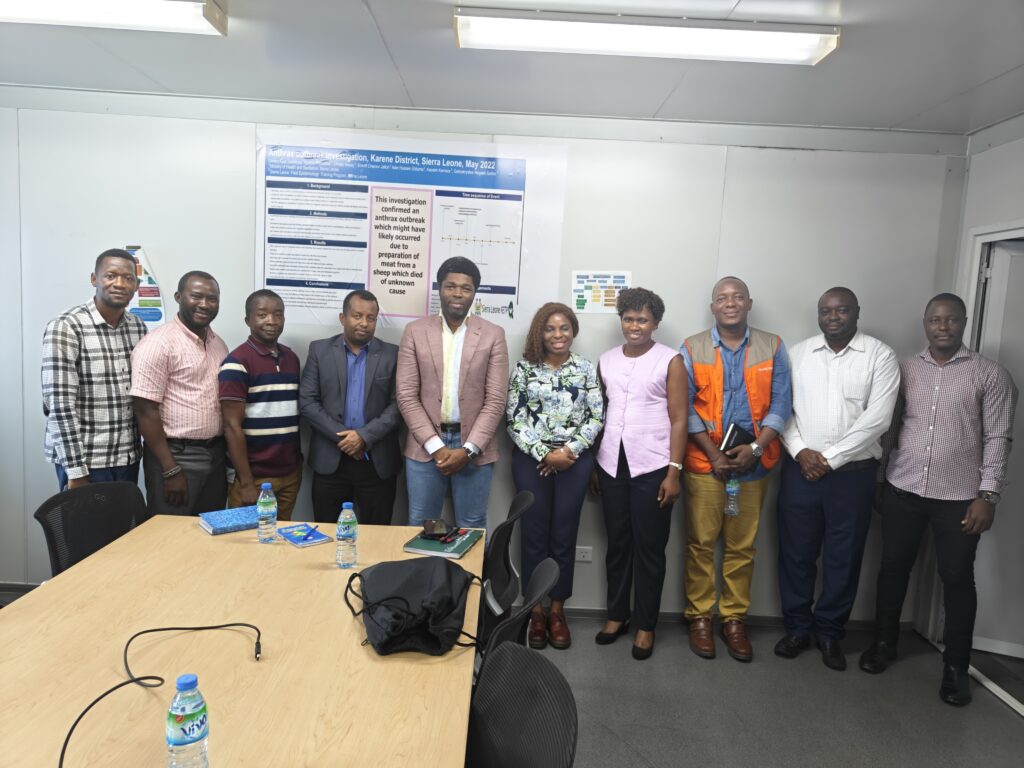
In a strategic meeting held at the AFENET Sierra Leone head office, key leaders from AFENET and World Vision came together to explore potential areas of collaboration and partnership. The focus of the discussion revolved around bolstering system strengthening initiatives, workforce development programs, digital health enhancements, and surveillance strategies in Sierra Leone.Both organizations shared insights on their respective expertise and resources, highlighting opportunities for synergies and joint efforts to address public health challenges in the region. The meeting aimed to lay the foundation for future collaborations that leverage the strengths of each organization to achieve greater impact and sustainable outcomes for the communities they serve.With a shared commitment to improving health systems and promoting community wellbeing, AFENET and World Vision are poised to forge a strategic partnership that will contribute significantly to the advancement of public health goals in Sierra Leone.1
The government of Sierra Leone, through the Ministry of Health and its development partners, including AFENET SL and the Carter Center, has launched a community-based survey on the prevalence of substance use and its impacts in Sierra Leone. The survey will be critical to planning for managing drug abuse problems.
Sierra Leone, through the National Public Health Agency, has introduced the first global FETP Health Informatics Curriculum in the FETP Intermediate program, with technical support from the U.S. CDC and the AFENET Informatics team.
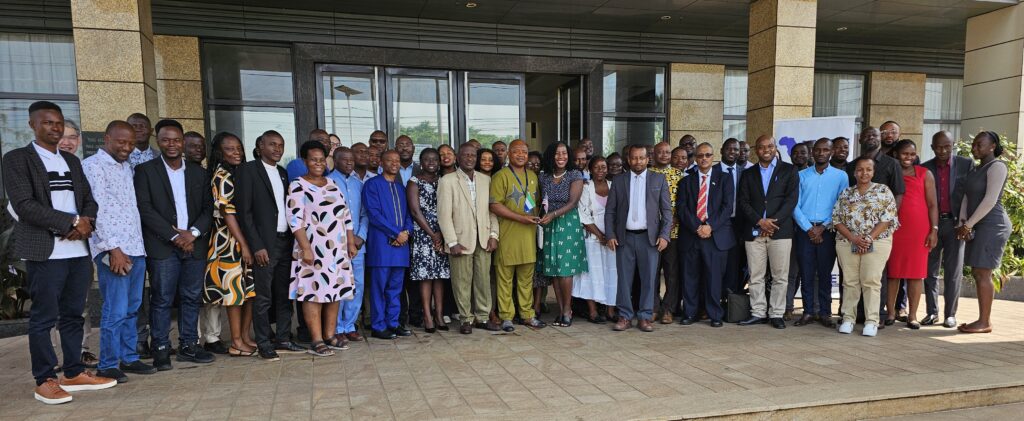
Government of Sierra Leone launched a community based survey on the prevalence of substance use and its impacts in Sierra Leone
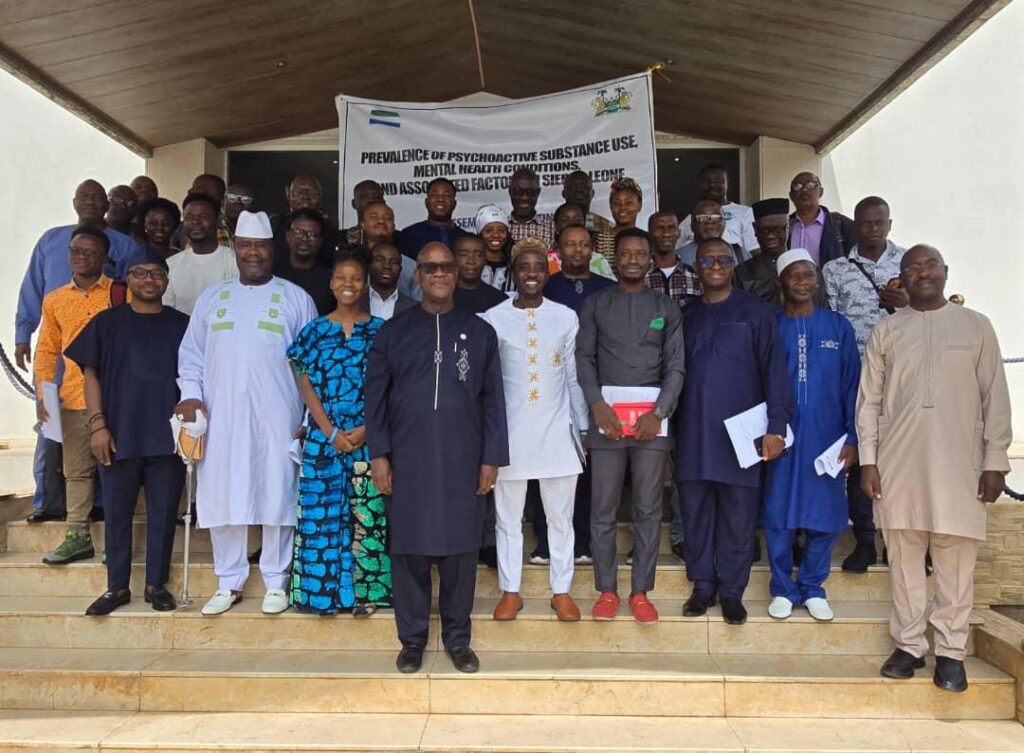
The government of Sierra Leone, through the Ministry of Health and its development partners, including AFENET SL and the Carter Center, has launched a community-based survey on the prevalence of substance use and its impacts in Sierra Leone. The survey will be critical to planning for managing drug abuse problems.
In a strategic meeting held at the Child Health and Mortality Prevention Surveillance (CHAMPS) Freetown office with the leadership of AFENET Sierra Leone to discuss opportunities for collaboration and partnership.
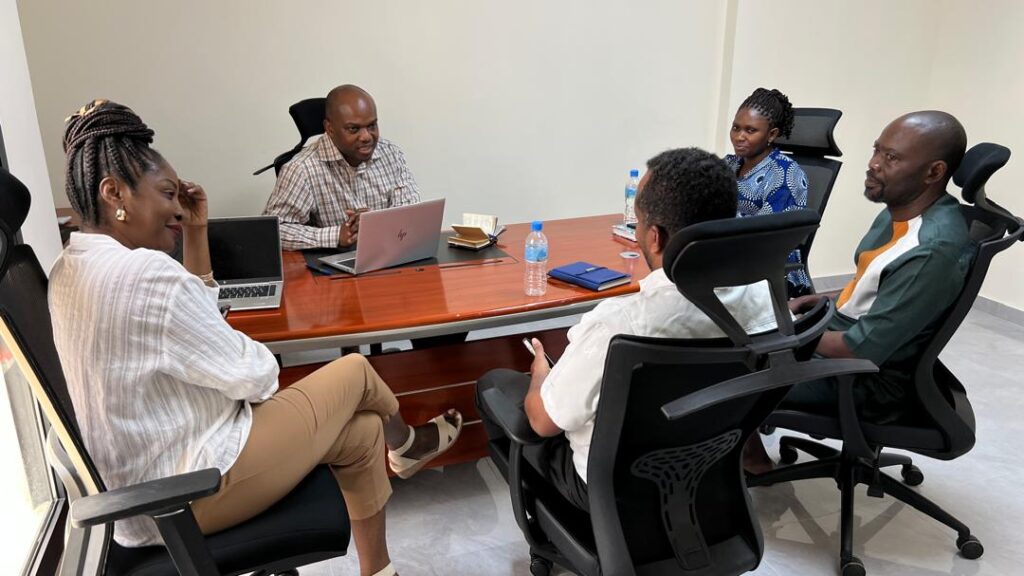
TEPHINET Accreditated Sierra Leone FETP
